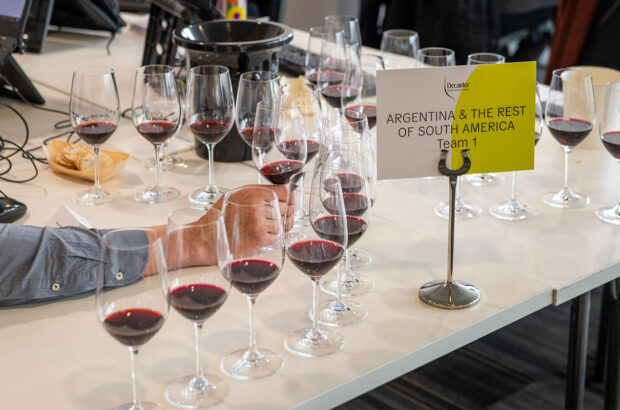Threatened strike action in Bordeaux as an attempt to shore up prices has been dismissed as ‘lamentable and ridiculous’ by major negociants.
Two unions, the FDSEA (Federation Departementale des Syndicats d’Exploitants Agricoles) and JA (Jeunes Agriculteurs), are demanding negociants and the Bordeaux wine industry in general take positive action to end the steadily decreasing price of generic Bordeaux by the beginning of July.
‘If not, we will harden our line and react in the face of inaction,’ a press release said.
But influential producers and negotiants have dismissed the threats. Alan Sichel, head of the Federation des Negociants in Bordeaux, was outraged.
‘It’s lamentable and ridiculous,’ he told decanter.com. ‘You can’t point the finger at one group in particular. Everyone has to work together. I totally reject any attempt to place the blame on other people.’
‘We have set this ultimatum because any price under €1,000 per per barrel (900 litres) is not lucrative,’ said Denis Lurton, head of the FDSEA, in a press conference.
Top Bordeaux négociant Jean-Luc Thunevin agreed that any prices under €1,000 would make it very difficult for a producer to earn a living but he also condemned the unions’ move, saying it was unlikely to produce any changes.
‘I’m sure it [the ultimatum] won’t do anything. As far as I can tell, it’s a chicken and egg game as to who is responsible [for falling prices]. The consumer is mainly responsible because he doesn’t want to pay a decent price. The distributors will probably have to foot the bill when supemarket prices go down. In any case, the negociant is in the same boat as the winemakers,’ he said.
Thunevin also had words to say about the INAO and its lack of rigorous quality control.
‘They [the appellations] are lending their names to bad wines, which pull down both the producer and the appellation. The INAO is incapable of punishing bad winemakers – it is too nice and there is no consistency in the wines. The consumer will buy a Chilean wine of the same price because he or she will be assured of a minimum level of quality,’ he said.
Denis Lurton, however, believes the negociants have their part to play in this.
‘If the negociants don’t think the wine is any good, they shouldn’t pay for it,’ he said. He added that many smaller winemakers are not getting paid for the extra work they are doing in attempting to conform to INAO rules.
Written by Oliver Styles





